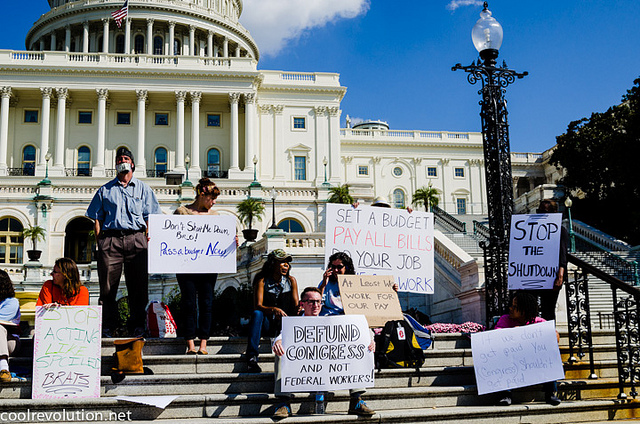On Monday the Senate will be voting on a short-term spending bill introduced by Senate Appropriations Committee Chairman Thad Cochran. If passed, the bill will temporarily fund the government through December 11th of this year. If the bill is not passed, the country will face a government shutdown beginning on October 1, 2015. The temporary funding bill called a continuing appropriations resolution will be required to keep government agencies afloat for the remainder of the year. Congressional Republicans and Democrats have been at odds with one another since the Planned Parenthood scandal was brought to light. The non-profit organization’s involvement in the practice of procuring tissues from aborted fetuses for the purpose of medical research has been deeply contested by Republicans, who believe Planned Parenthood should no longer receive federal funding. Due to this impasse, no resolution bill has yet been agreed upon.
Repercussions on Immigration: LCA’s and PERM applications
A government shutdown would mean that various government agencies may not be operating at full capacity. Due to this we urge our clients to file urgent Labor Condition Applications or PERM applications prior to October 1, 2015. While the shutdown will have an effect on the economy, families, and business throughout the country, entities not affected by the government shutdown include USCIS, the military, airport security, FBI, Border Patrol, Social Security, Medicare, Medicaid, Food Stamps, among others.
 Visa Lawyer Blog
Visa Lawyer Blog


